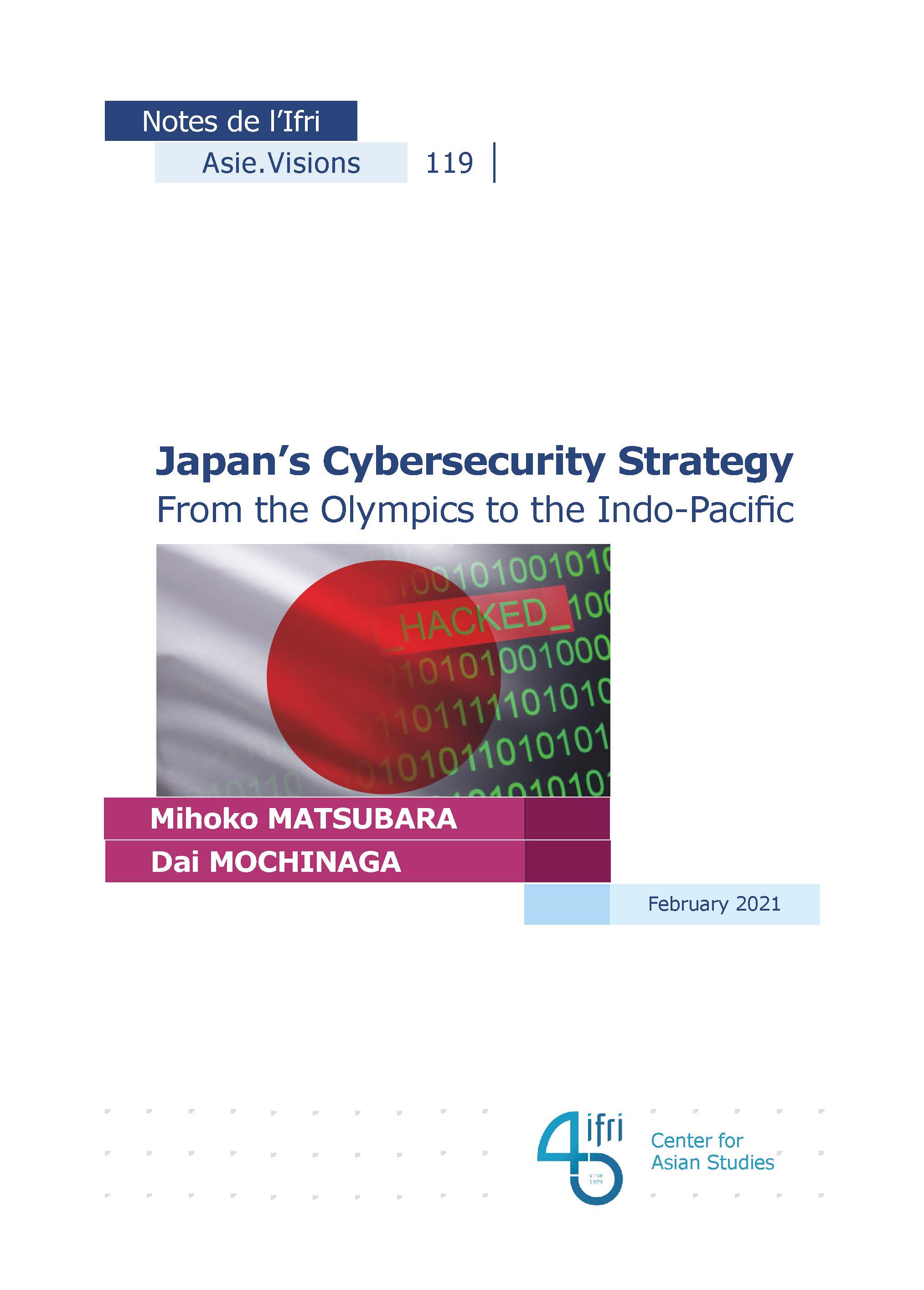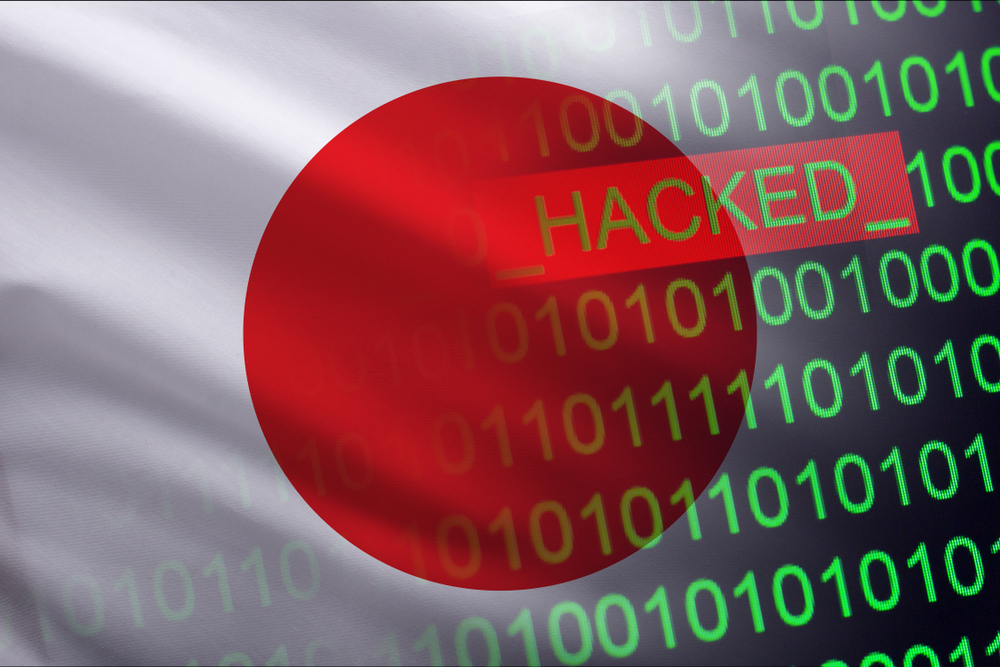Japan’s Cybersecurity Strategy: From the Olympics to the Indo-Pacific

In September 2020, the Ifri Center for Asian Studies held an online event on Japan’s cybersecurity strategy.

The starting point was to look at the cybersecurity challenges posed by the organization of the Olympic Games, initially planned to be held in Tokyo in 2020. Indeed, in recent years, the use of cyber-attacks to derail the organization of mega sport events has been multiplying. Japan has therefore taken a variety of measures to reinforce cybersecurity both for government agencies and companies. Beyond these preparatory measures to reinforce Tokyo’s own capabilities, the event also touched upon the various diplomatic initiatives taken by the Japanese government and industry to act as a leading nation in terms of cybersecurity and cyber governance on the international stage. Japan is indeed a proactive actor in this area, both at multilateral and bilateral levels.
Further elaborating on the discussions, the following two papers present perspectives on Japan’s evolving cybersecurity strategy, at the domestic and international level.
First, Mihoko Matsubara, Chief Cybersecurity Strategist, NTT Corporation, presents Japan’s efforts to enhance its national cybersecurity capabilities ahead of the 2020 Olympics. In particular, Japan has been facing a shortage of cybersecurity professionals. In order to cope with this situation, a variety of industry and government-driven initiatives were taken to cultivate an adequate cybersecurity manpower. Secondly, the 2015 Cybersecurity Strategy stated, for the first time, the responsibility of business executives to include cybersecurity in their business strategy. As a result, business leaders are now playing a key role to improve the national level of cybersecurity and encourage others to have board-level discussions on cybersecurity. Finally, the 2019 Rugby World Cup helped Japan prepare for the Olympics by providing a dry-run opportunity to test cybersecurity readiness to host a mega sport event.
In his paper, Dai Mochinaga, a Senior Researcher at Keio Research Institute, presents his vision of Japan’s diplomacy on cybersecurity and cyber governance. More specifically, the author provides a first assessment of the dynamic between the Free and Open Indo-Pacific (FOIP) vision developed by the Japanese government since 2016 and Tokyo’s approach in terms of cyber-diplomacy. The FOIP initiative has been helpful to integrate ongoing initiatives in terms of cyber-diplomacy, while pursuing Japan’s national interests. Tokyo’s cyber-diplomacy helps shaping collective action to influence international fora, through bilateral and multilateral discussions, particularly on the digital economy and data governance. The paper concludes on a reservation: Tokyo has still limited options to counter malicious cyber-activities. The imposition of sanctions is an option that Japan might want to consider for a better deterrence.
Download the full analysis
This page contains only a summary of our work. If you would like to have access to all the information from our research on the subject, you can download the full version in PDF format.
Japan’s Cybersecurity Strategy: From the Olympics to the Indo-Pacific
Related centers and programs
Discover our other research centers and programsFind out more
Discover all our analyses
RAMSES 2024. A World to Be Remade
For its 42nd edition, RAMSES 2024 identifies three major challenges for 2024.

France and the Philippines should anchor their maritime partnership
With shared interests in promoting international law and sustainable development, France and the Philippines should strengthen their maritime cooperation in the Indo-Pacific. Through bilateral agreements, expanded joint exercises and the exchange of best practices, both nations can enhance maritime domain awareness, counter security threats and develop blue economy initiatives. This deeper collaboration would reinforce stability and environmental stewardship across the region.

The China-led AIIB, a geopolitical tool?
The establishment of the Asian Infrastructure Investment Bank (AIIB) in 2016, on a Chinese initiative, constituted an attempt to bridge the gap in infrastructure financing in Asia. However, it was also perceived in the West as a potential vehicle for China’s geostrategic agendas, fueling the suspicion that the institution might compete rather than align with existing multilateral development banks (MDBs) and impose its own standards.
Jammu and Kashmir in the Aftermath of August 2019
The abrogation of Article 370, which granted special status to the state of Jammu and Kashmir (J&K), has been on the agenda of the Bharatiya Janata Party (BJP) for many decades.






